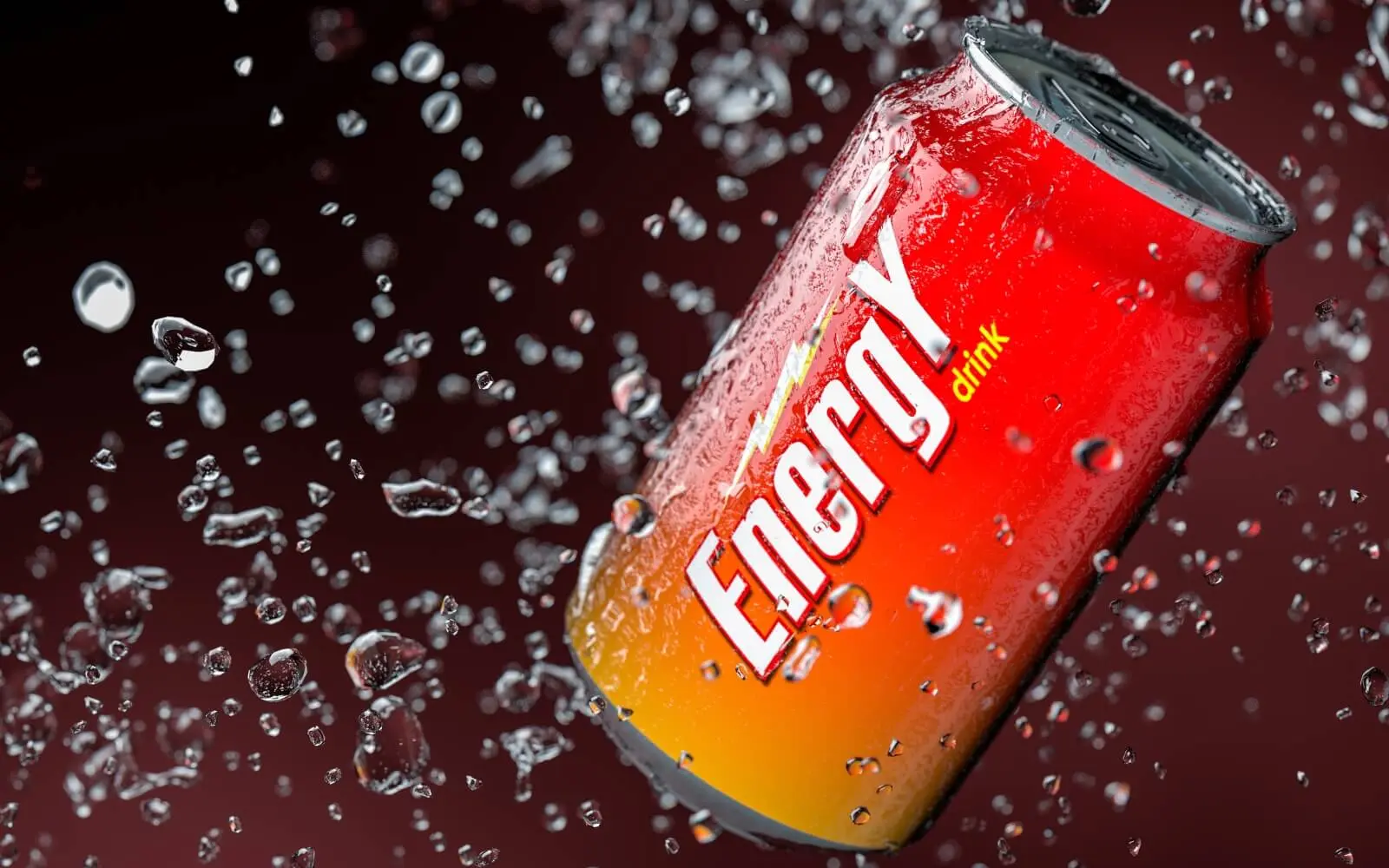
Erythritol, a common sugar substitute, hides in your sugar-free snacks, energy drinks, and protein bars. Many brands call it "healthy." New research links erythritol to oxidative stress, a process that harms cells and blood vessels. This article explores how erythritol causes oxidative stress, why it matters, and what you can do to protect yourself.
Erythritol and Oxidative Stress
Erythritol is an artificial sweetener. It has zero calories. Companies add it to sugar-free foods like energy drinks and protein bars. People choose it to avoid sugar. But studies show erythritol may not be safe. It triggers oxidative stress, a condition where harmful molecules called reactive oxygen species (ROS) damage cells. These molecules disrupt nitric oxide, a substance that keeps blood vessels healthy. When nitric oxide drops, blood flow suffers, raising risks for heart and brain issues.
A 2025 study presented at the American Physiology Summit found that erythritol increased oxidative stress and reduced nitric oxide production in human brain blood vessel cells, potentially impairing blood flow and raising cardiovascular risk.
Why Does Oxidative Stress Matter?
Oxidative stress is dangerous. It happens when ROS molecules outnumber the body’s defenses. These molecules attack cells like rust eats metal. In blood vessels, this damage makes them stiff and narrow. Poor blood flow can lead to strokes or heart problems. In the brain, oxidative stress harms nerve cells, which may speed up memory loss or cognitive decline.
Professor Thomas M. Holland, a scientist at Rush University, explains that erythritol boosts ROS levels. This damages neural tissue, raising the risk of brain-related issues. Your sugar-free protein bar might seem harmless, but its erythritol could harm your brain over time. The body tries to fight back with antioxidants, but erythritol’s effects overwhelm these defenses.
How Common Is Erythritol in Your Diet?
Erythritol is everywhere. Check the labels on your energy drinks, sugar-free gum, or low-carb snacks. It’s in many “healthy” products. People eat it daily without knowing. A single energy drink can have enough erythritol to cause oxidative stress, based on the Colorado study. If you drink one daily, the damage could add up.
Many choose erythritol to cut sugar and calories. But the “healthy” label hides risks. Food companies market sugar-free snacks as good for you. They don’t warn about oxidative stress. This gap between marketing and science leaves consumers in the dark. You might think you’re making a smart choice, but your snacks could harm your cells.
What Can You Do to Stay Safe?
You can reduce erythritol’s risks. Start by reading food labels. Look for erythritol in the ingredients. Choose snacks with natural sweeteners like stevia or monk fruit instead. Cut back on sugar-free energy drinks and protein bars. Drink water or unsweetened tea. Eat whole foods like fruits, which have natural sugars and antioxidants to fight oxidative stress.
Talk to a doctor if you have heart or brain health concerns. They can check your risk for vascular issues. Stay informed about new research. The 2025 study is just the start. More findings on erythritol and oxidative stress may come soon. Until then, limit erythritol to protect your cells from harm.
Take Action Now
Erythritol in your sugar-free snacks isn’t as safe as it seems. It causes oxidative stress, which damages blood vessels and brain cells. This raises risks for strokes, heart issues, and cognitive decline. Don’t let “healthy” labels fool you. Check your snacks, switch to safer sweeteners, and stay updated on research. Act now to keep your body strong and healthy.
